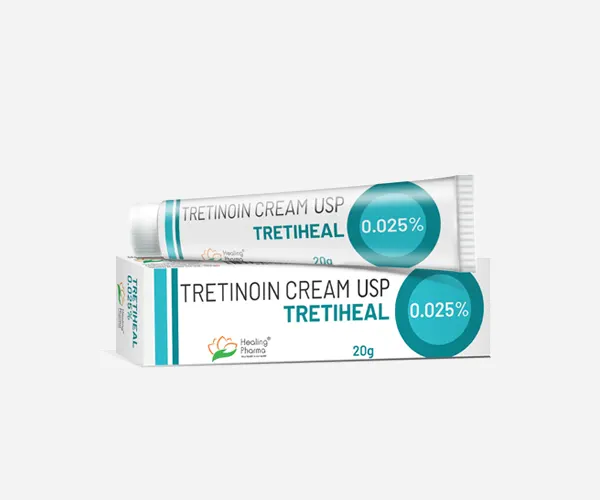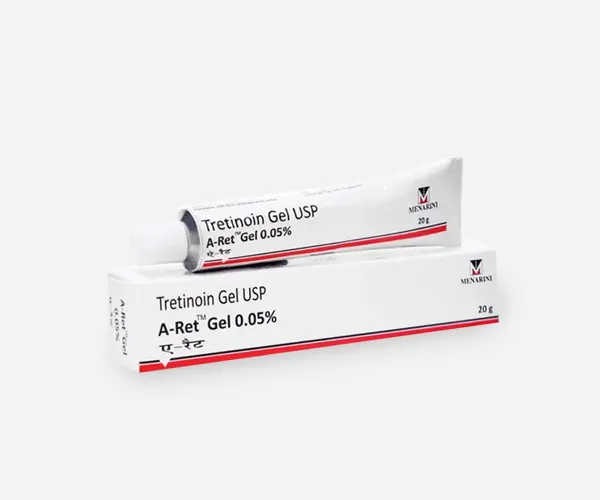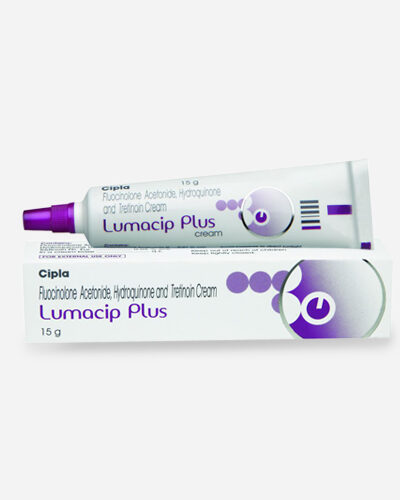₱59.99 – ₱164.99
Tretinoin cream
Tretinoin Cream is a topical medication formulated with the active ingredient tretinoin, a derivative of vitamin A. This cream is specifically designed to address various skin concerns, including acne, fine lines, wrinkles, and skin discoloration. By promoting the turnover of skin cells,it helps to unclog pores, reduce inflammation, and improve the overall texture and appearance of the skin.






Reviews
There are no reviews yet.